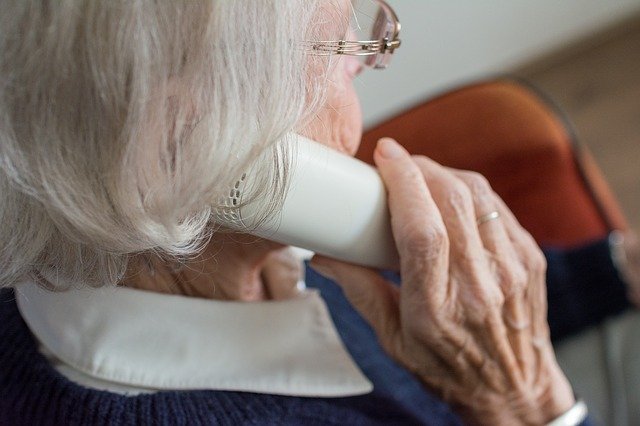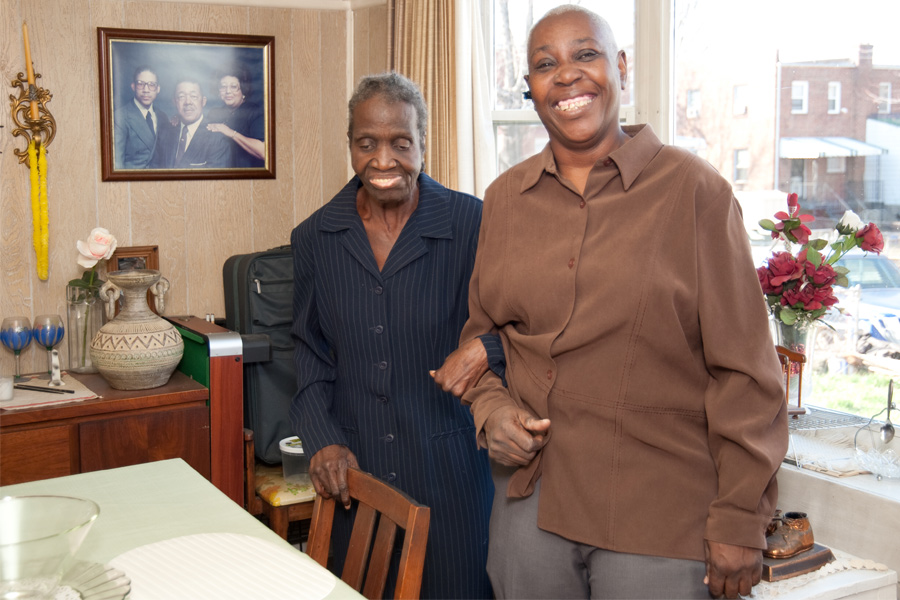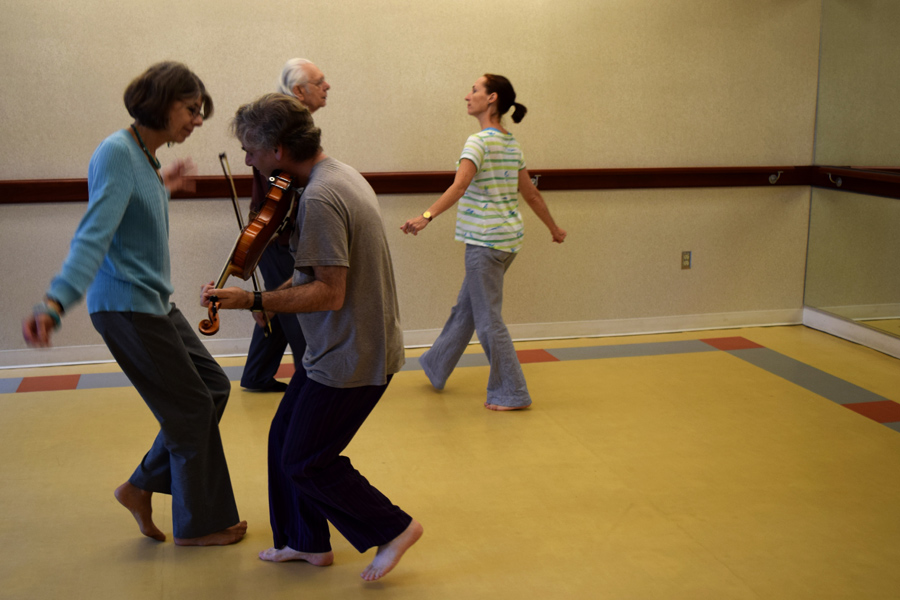Keeping Your Social Networks Strong during Quarantine

Social isolation during the pandemic has been a hardship for many people—but especially older adults. For the last year, Dale Brown, founder of a national self-help organization and author of five books, has been leading a social isolation study group for Iona. She is a subject matter expert on “social skills,” which was one of her policy-making areas during her career in the federal government.
We interviewed Dale for Iona’s Aging Solo webinar series and asked her to share her tips for making and maintaining friendships while social distancing during the pandemic.
- Bring back friendships that have drifted away.Call people who you knew in the past and tell them how much you miss them. If you called in the beginning of the pandemic and they didn’t call back, try again. While people are sheltering at home, they tend to answer the phone more and are more open to having longer, relaxed conversations.
- Deepen your current friendships.Reveal a little more about yourself and your family than you might have before the pandemic. For example, talk about your adult child’s reaction to the pandemic or the vaccine. Or, you could share a feeling that you might normally hide. “I’m afraid that I’ll get the coronavirus.” “I’m sick of washing my hands.” “I know I need to get the vaccine, but I’m procrastinating signing up.” It is generally better to share something about yourself than to ask a question that might seem intrusive.
- Set up a regularly scheduled event that will help you and your friends stay in touch. Some families and friendship groups have regular Zoom meetings. You might set up a weekly or monthly phone call, a time to watch and discuss a specific TV program, or a physically distanced walk.
- Join your friends’ activities. This is a way to get to know them! If they play an instrument, ask them to perform for you on Zoom. If they wrote a book long ago, ask for the title and then read it. If you know they practice a craft or hobby, ask them to show it to you on Zoom.
- Get together—six feet apart. If it’s cold outside, consider wearing leg warmers, hand and foot warmers, long underwear, and a jacket. Put lip balm on so that your lips can survive the mask. Take a walk together or stand/sit six feet apart and talk.
- Make it a habit to pass on compliments. If someone says something positive about your friend, tell them! “So and so told me how happy she was when you remembered her birthday.”
- Offer to help your friends in a way that they might find useful. Be sure it is something you like to do so that you can do it cheerfully and feel good about the experience. Examples:
- Offer to double a recipe for a soup or stew and give them a few servings.
- Tell a neighbor you are going to the store and offer to pick something up for them. Ask where to leave it.
- If you are talented with technology, and your friend says they are frustrated because they can’t do something, offer to teach them how. For example, consider helping your friends sign up for the vaccine.
Remember, if people don’t accept your offer to connect, it doesn’t mean they aren’t interested. Consider asking again. Some people find it difficult to accept help, are busy, or forget.
If someone makes a helpful offer to you, accept even if you worry about imposing on them. As we get older, we need to become more interdependent and comfortable with giving and receiving help.
By Dale Brown
Related Articles

The Stories of Dementia in the District

A Couple’s Vows Create Opportunities to Age Well

Can You Imagine Taking Three Buses to Get to Iona?

